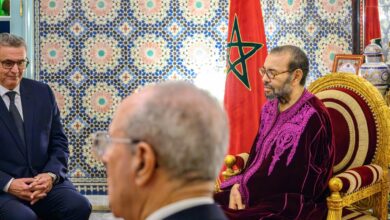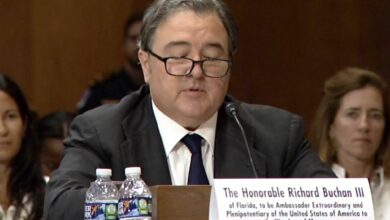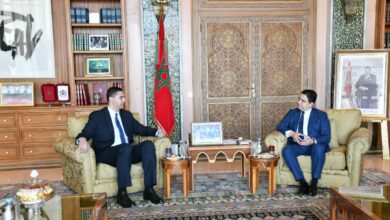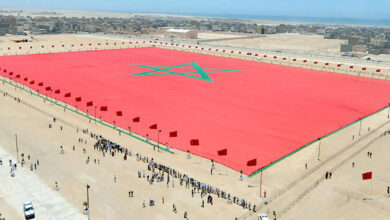The Moroccan Sahara Nears Its Defining UN Moment: A Final Diplomatic Battle Cementing Morocco’s Superiority and Algeria’s Isolation
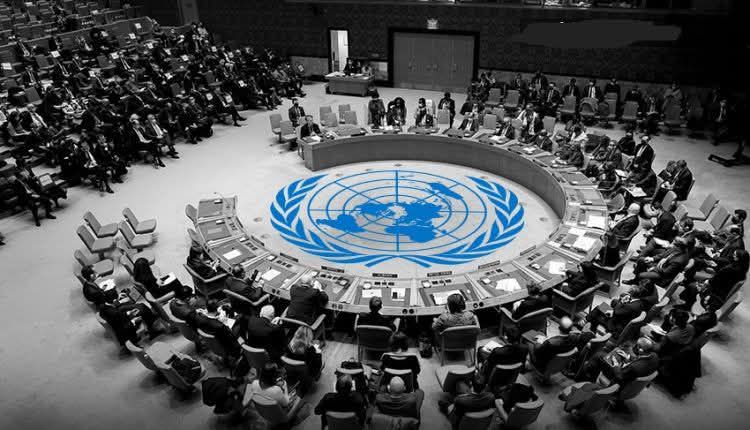
By Ghita Hafiani
With just hours remaining before the long-awaited UN Security Council vote on the 2025 resolution concerning the Moroccan Sahara, the Kingdom of Morocco appears poised to enter one of its most decisive diplomatic battles in decades. Signs emerging from New York suggest that Morocco’s autonomy initiative — proposed more than 17 years ago — is on the verge of gaining broad international recognition as the only realistic and credible framework for resolving this protracted regional dispute.
Morocco heads into this historic session from an unprecedented position of strength, backed by growing support from major decision-making capitals, notably Washington, Paris, and Madrid, along with numerous African and Arab nations that have openly endorsed Morocco’s sovereignty over its southern provinces.
The key challenge for Rabat lies in securing nine favorable votes within the Security Council while ensuring no permanent member wields its veto against the resolution. However, current indicators strongly suggest that the scales are tipping in Morocco’s favor, especially after the United States introduced final adjustments to the draft resolution—minor technical changes that did not alter its firm backing for Morocco’s autonomy plan.
Across the border, Algeria finds itself on the defensive, having shifted — as recent UN reports and statements from Council members indicate — from being a “neighboring state” to a “direct party” in the conflict. In recent days, Algerian diplomacy has scrambled in every direction to block a resolution that could effectively seal the fate of the separatist project it has bankrolled for decades. Yet these last-minute maneuvers appear more like desperate attempts to salvage a collapsing narrative, as regional and global dynamics continue to evolve in Morocco’s favor. The opening of over 30 African and Arab consulates in Laayoune and Dakhla stands as tangible proof of growing recognition of Morocco’s sovereignty.
Within UN corridors, diplomats speak of a “historic turning point” in the Sahara dossier, as the organization edges closer to acknowledging the Moroccan autonomy proposal as the “serious, credible, and realistic solution” — the very language echoed in successive Security Council resolutions since 2007.
Washington’s position remains a decisive factor. U.S. officials have repeatedly reaffirmed that recognizing Morocco’s sovereignty over the Sahara is a “strategic and irreversible decision,” further consolidating Morocco’s diplomatic momentum.
The current landscape points unmistakably toward a moment of truth. The international community increasingly accepts that prolonging this dispute only serves narrow, isolated agendas that run counter to regional stability and shared development in North Africa.
Should the Security Council adopt the forthcoming resolution without a veto, it would mark yet another international endorsement of Morocco’s just and legitimate stance — and an implicit declaration of the end of a separatist project that has lost both its political and ideological footing.
Morocco enters this “final battle” with steadfast confidence and pragmatic diplomacy that bridges international legitimacy with concrete presence on the ground, while Algeria is learning, perhaps too late, that time has changed — and history does not wait for the hesitant.

